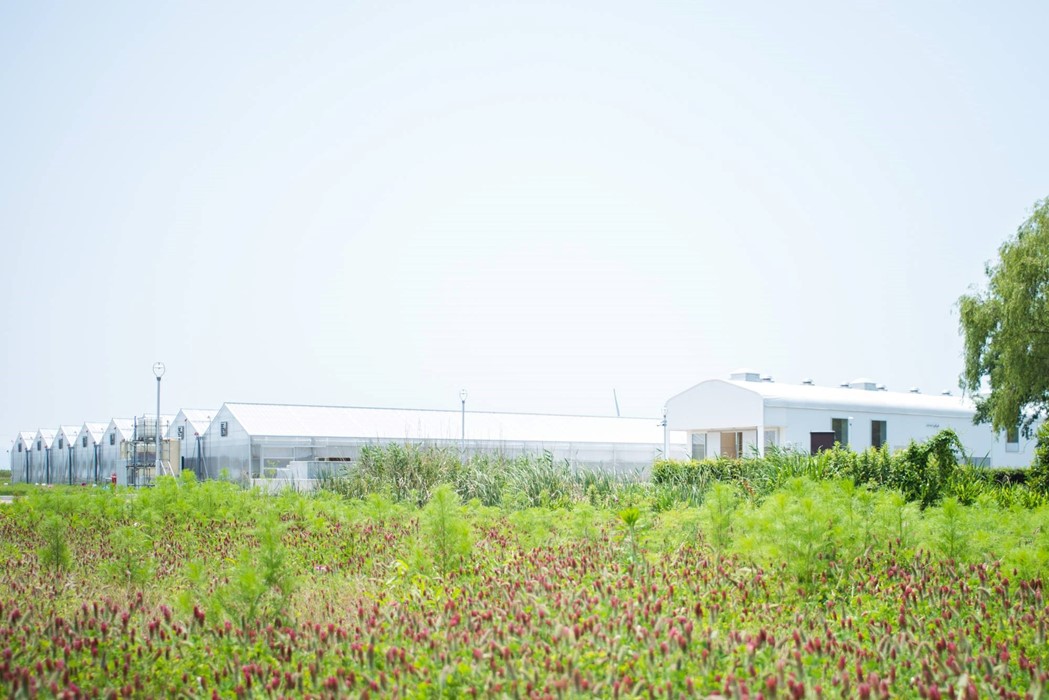Perfume designer and whisky-maker Barnabé Fillion walks us through five of the finest
Royal SalutePerfumer Barnabé Fillion’s CV reads like a who’s who of the fragrance industry. A celebrated ‘nose’, he came across the world of fragrance by chance, lured away from his chosen profession as a fashion photographer by a fascination with the language used to describe scents. This was followed by a five-year stint absorbing the extensive knowledge of those in the industry around him, studies in botany and phytology and an apprenticeship under fragrance aficionado and resident nose for Hermés, Christine Nagel, who remains his longtime mentor. Cut to 2018, and he is an expert in his own right, creating scents for the likes of Le Labo, Paul Smith, Comme des Garçons and Aesop.
Not content with lending his sense of smell to the world of fragrance alone, Fillion is also creative advisor for Royal Salute whisky, working directly alongside the 1801-founded brand’s director of blending, Sandy Hyslop. Not as unlikely a move as it may first appear, Fillion explains that the similarities between the crafts are in both “the art of blending” and “power of the nose”. “Sandy and I have had very different life experiences to build up our flavour memory,” Fillion says, “but are absolutely steadfast in our agreement that so much of the tasting experience, and moreover the entire sensory experience, comes from what we smell.”
This role has led to a wonderfully unique collaboration between the pair, who have created a whisky inspired by the sensory experience of walking through Kew Palace’s iconic gardens. For Fillion, the world’s gardens have long served as a source of inspiration, from the very start of his journey in the near tropical climes of Morocco to his recent venture a little closer to home. Intent on discovering the very best scented gardens from a man who truly knows best, we asked Fillion to share the spaces and scent palettes that have inspired him the most.
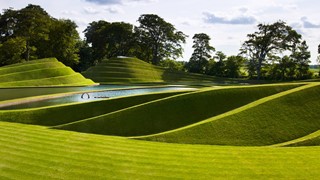
1. Jupiter Artland, West Lothian, Scotland
From the carefully rounded hills that make up its terrain, to the art that populates its 100-acre landscapes, Jupiter Artland is sculptural in every sense of the word. “It’s very inspiring to see how nature and art are linked together in this garden,” Fillion notes. “It’s just like walking in a museum. All your senses are used at once, as you’re discovering art pieces, with scents that enhance the experience a lot more. It’s a garden of inspiration where I lose my references to art and experience it in another way: surrounded by nature.” Flanked by oak forest and typical Edinburgh countryside flora, for Fillion it is the perfect spot to “confront art and nature and potentially drink whisky – we’re in Scotland, after all!”
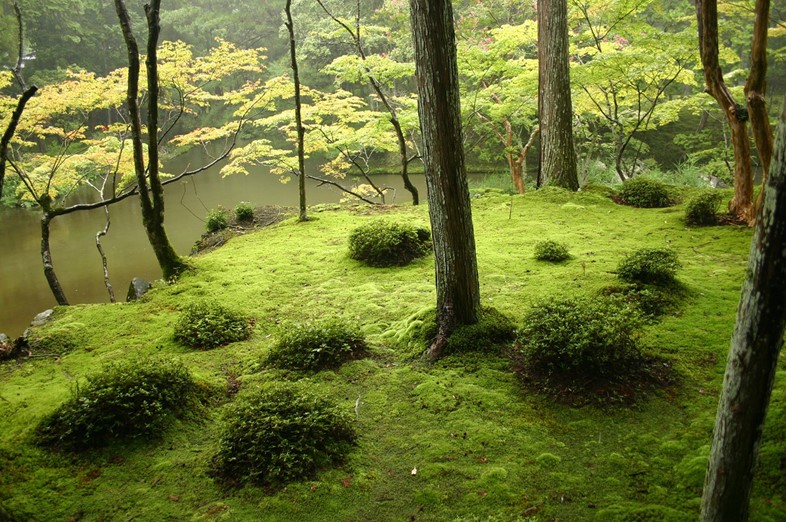
2. Saihō-ji, Japan, Kyoto, Japan
“Green moss and humidity” are the scents that best transport Fillion back to Kyoto’s Saihō-ji. “There’s also a little river that gives you the feeling of minerality in the air, and the temple made of Japanese cedar wood,” he says. Housing an abandoned Buddhist temple blanketed by bright green moss, the lush pathways of the gardens are a regular guidebook recommendation and for Fillion, the only way to experience their beauty is firsthand. “This garden puts me in a complete meditative state, just by focusing on the rhythm of the season. It’s a real out of this world experience to meditate in this garden, and more importantly observe the flora around the seasons. You could go a thousand different times, and it will never look the same.”
3. Rose Farm Keiji, Japan
Nestled on the outskirts of Kyoto, Rose Farm Keiji is responsible for the creation of over 65 new types of rose. A longstanding family-run business, the – which incidentally smell like “citral, the molecule of lemongrass, geranium, plum and many more” – grow all year round, covering the grounds in an ever-changing sea of colour. “It’s an incredible experience to meet with the rose maker. He’s like a poet, working on the colours, the textures, the shapes and the scents,” Fillion explains. “When you meet him, you have the possibility of taking part in the rose-making process, it really is a privilege to be part of such an amazing, personal experience.”
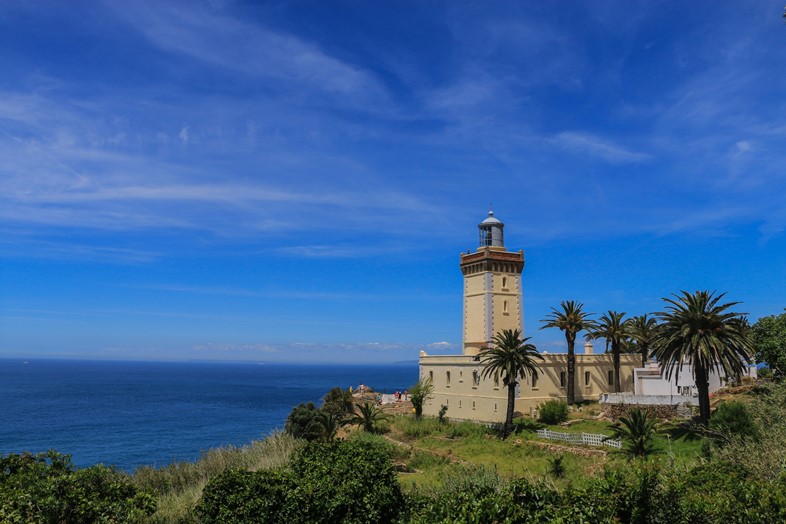
4. Tangier, Morocco
The connection between scent and memory is long discussed and Tangier’s jumble of scents, that pass between mimosa, tobacco, rosemary, mint, orange blossom, verbena and are offset by the salty tang of sea air, hold a special place for Fillion. “This place is special to me, as it is where I started perfumery,” he says. “The gardens are by the Cap Spartel, which is the very north-west of Morocco, in front of the Detroit of Gibraltar. The views are mesmerising, it really is for me one of the most interesting historical places, in between two worlds. Even after visiting this place many times, I always feel contemplative and surprised by the strength of the amazing smells around me.”
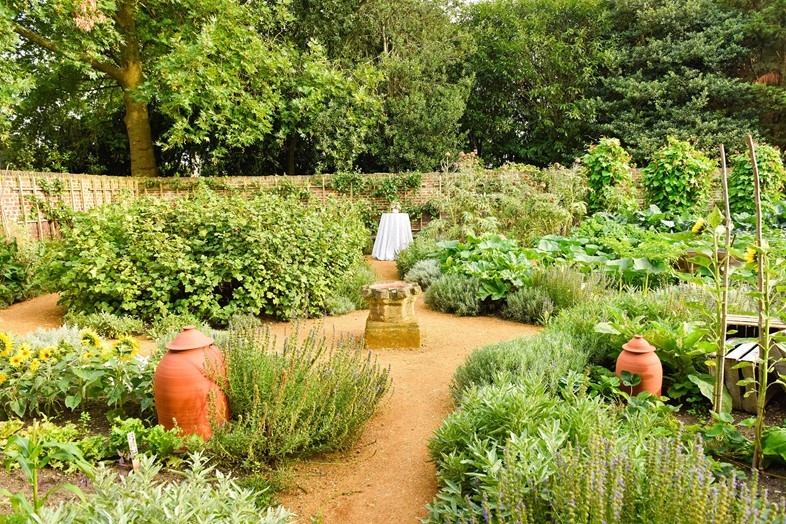
5. Kew Gardens, Richmond, London
Perhaps the most revered British garden for perfumers and botanists alike, Kew’s sprawling grounds and iconic glasshouses contain one of the largest botanical collections in the world. Fillion describes it as “the atlas of gardens”, and one which has served as a never-ending source of inspiration during his latest venture. “The garden doesn’t have one particular scent; it’s such an extended area that you’re able to pick up different scents everywhere you go. In the Kitchen Gardens, you can smell the vetiver, geranium, green leaves, but also some more floral and exotic scents, all with a beautiful balance of nuts which are earth related. All of these are present in our new, limited-edition expression for Royal Salute.”
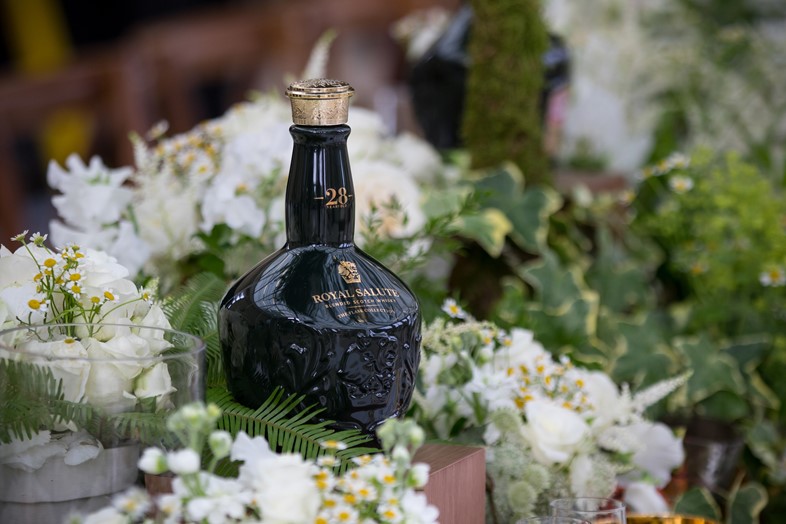
For more information, visit Royal Salute.
